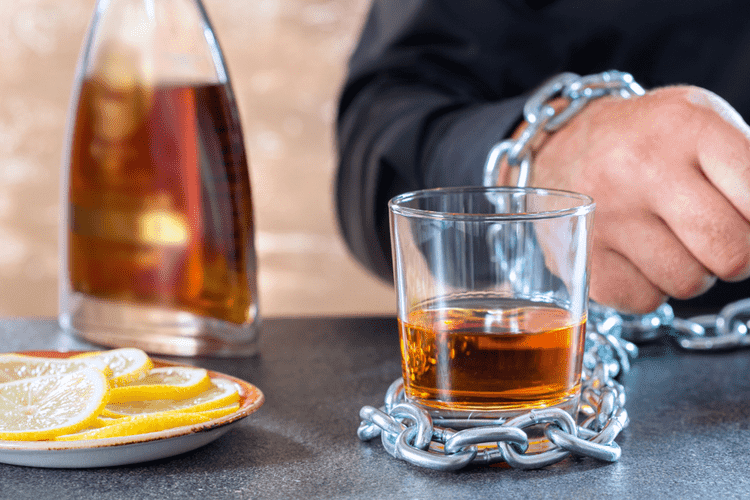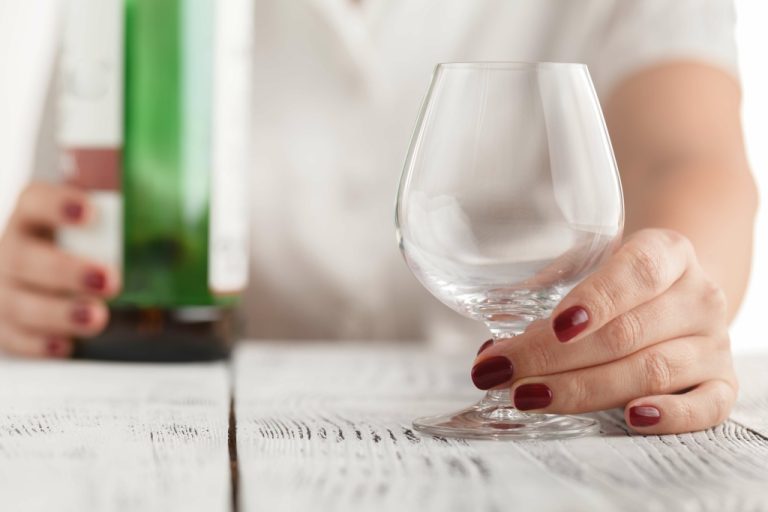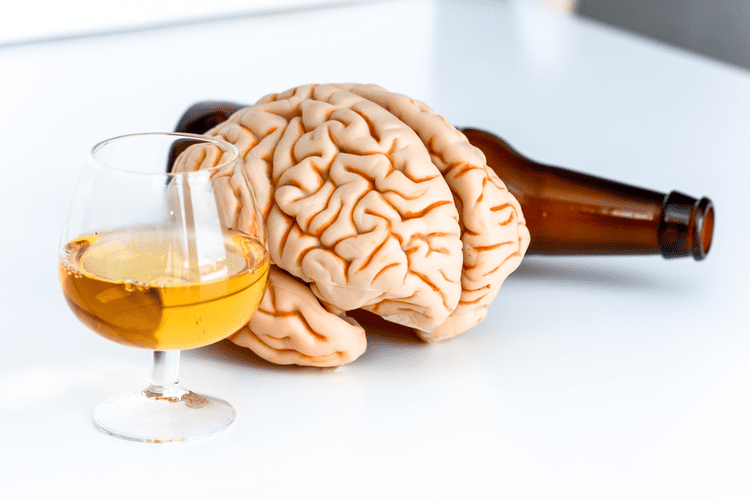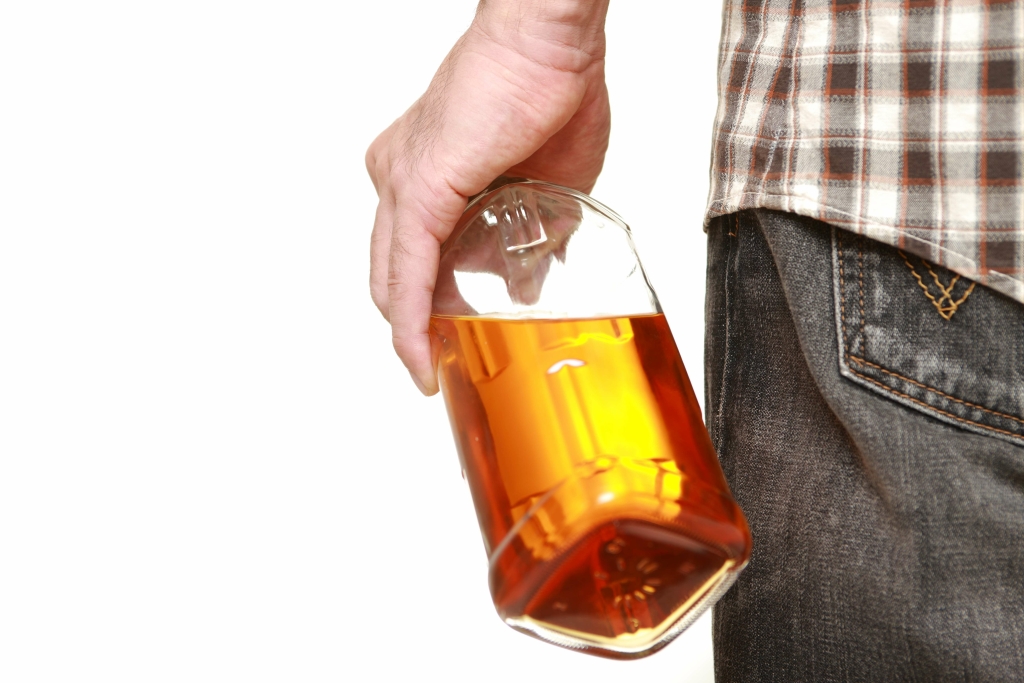Poor or insufficient REM sleep has been linked to not only grogginess the next day, but also a higher risk of disease and early death. Alcohol before bed has been shown to lead to fragmented sleep and frequent waking. Although there’s no http://www.mixgalaxy.ru/fruityloops/loops_list/pafiledb.php?action=file&id=17463 evidence that alcohol can cause narcolepsy (sleepwalking), it does disrupt REM sleep, which may make the onset of sleepwalking more likely.

Health Conditions

The unfortunate side effect is reduced REM sleep later in the night” (as this latest study shows). “If you experience insomnia, mood imbalances and other http://userbars.ru/ub102185.html brain symptoms, it may be best to cut back alcohol intake overall,” Dr. Scheller adds. “Many people find that while it initially seems difficult to break the habit of using alcohol to induce sleep, they soon adjust and experience better sleep and energy overall,” she continues.
- Grand mean evoked potential waveforms for alcoholics at initial assessment(redlines) andat 12 month follow-up (blue lines) Fz, FCz, Cz, CPz and Pz.
- REM sleep has a restorative effect and plays a role in memory and concentration.
- Interestingly, the harmful effects of alcohol were more pronounced among young people compared with seniors.
- When you consume alcohol before bed, your body metabolizes the alcohol throughout the night.
- These can happen during arousals from rapid eye movement (REM) sleep or non-rapid eye movement (NREM) sleep.
Alcohol and the Sleeping Brain
If you’re looking for ways to improve your sleep, an easy place to start is by adopting healthy sleep hygiene habits such as keeping a consistent sleep schedule and creating a calming bedroom environment. Alcohol potentially causes a shorter overall sleep time and disrupted sleep, which lead to next-day fatigue and sleepiness. The more alcohol you drink, the greater the negative effects on your sleep. People with insomnia often wake up tired and struggle with poor memory or concentration. Beyond tinkering with your ability to sleep soundly and promoting frequent bathroom trips, alcohol can also wreak a little havoc on your sleep architecture (the organizational structure of your sleep stages and how you move through the various sleep cycles). Keep in mind that for people with AUD, sleeping issues may persist through the withdrawal phase.
Does alcohol cause insomnia or poor sleep?

Head over to our About page to learn more about the team behind Sleepopolis. Adrienne Santos-Longhurst is a Canada-based freelance writer and author who has written extensively on all things health and lifestyle for more than a decade. When she’s not holed up in her writing shed researching an article or off interviewing health professionals, she can be found frolicking around her beach town with husband and dogs in tow, or splashing about the lake trying to master the stand-up paddleboard. Drinking too much is likely to have the opposite effect and leave you feeling groggy and possibly hungover the next day. If you turn to booze to help you snooze, you could be messing with the quality of your sleep.
Alcohol and Other Health Risks
- These results were similar for men and women, and alcohol consumption affected sedentary and active people alike.
- What’s interesting about alcohol, though, is its unexpected effect on sleep.
- A few drinks here and there shouldn’t hurt your overall health, but your drinking habits could be worth a second look if you find they’re impacting your sleep schedule or any other parts of your life.
If you think your drinking may be impeding your sleep or overall quality of life, speaking to your doctor or therapist is a great first step. So while cutting out drinking will likely benefit your sleep, there may be other factors affecting your shuteye. His research and clinical practice focuses on the entire myriad of sleep disorders. If you’re finding that alcohol may in fact be the culprit behind your restless sleep—or you’re realizing you’re consuming more than you’d like to overall—there are some steps you can take to cut down your consumption levels and get your sleep back on track. Along with prescription medications and folk remedies, many have incorporated a glass or two of alcohol into their nightly routine to try to catch a few more hours of shuteye.
1 Sleep evoked responses in alcoholism
Dr. Seema Khosla is the medical director of the North Dakota Center for Sleep and a medical advisor for MedBridge Healthcare. She is also a fellow of the College of Chest Physicians, as well as the American Academy of Sleep Medicine (AASM). Dr. Khosla runs a telemedicine outreach program that serves rural areas in North Dakota and has done so for the past decade.
The Role of Alcohol in REM Sleep
If you sleep better when you don’t drink, you might consider stopping alcohol use entirely. https://natureworld.ru/index.php?option=com_content&view=article&id=115&catid=1&itemid=40 However, if you continue to have sleeping difficulties, reach out to a sleep specialist. Grand mean evoked potential waveforms for alcoholics at initial assessment(redlines) andat 12 month follow-up (blue lines) Fz, FCz, Cz, CPz and Pz.

REM Sleep Disorder and Alcohol
- Anyone who’s ever indulged in a drink or two knows that alcohol can make you real sleepy, real fast.
- So after a few drinks, you’re likely to have increased wakefulness and more light sleep.
- Researchers from a 2020 study concluded that those with AUD need at least 5–9 months of abstaining from drinking in order to normalize their sleep duration and rhythm, so try to be patient with yourself during this time.
- Consuming alcohol and experiencing restricted sleep reduces alertness during the day.
- According to an observational study cited by the Sleep Foundation, even low to moderate amounts of alcohol — two drinks or less for men and one drink or less for women — decreased sleep quality by nearly 10 to 24 percent.
The alcoholic group also showed a significantly smalleramplitude N550 component at a frontal site compared with controls; however, the latency ofthe component did not differ between the groups. The P2, N350 and P900 components measuredat Cz showed no group differences for amplitude or latency. The percentage of (A) slow wave sleep (SWS) and (B) rapid eye movement (REM) sleep in thefirst half of the night across multiple nights of drinking. Data are drawn from (Feige et al. 2006; Prinz et al. 1980; Rundell et al.1972). Substantial evidence suggests that alcohol worsens symptoms of snoring and obstructive sleep apnea. These sleep-related breathing difficulties occur when soft tissues collapse and block the upper airway.